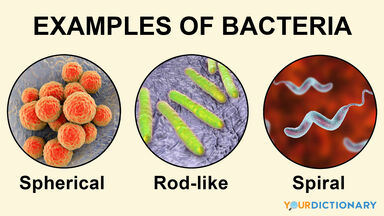Fever Definition
Other Word Forms of Fever
Noun
Origin of Fever
-
From Middle English, from Old French fievre, reinforced by native Old English fēfor, from Latin febris (“a fever”), from ferveō (“to be hot, burn, boil”); or perhaps literally 'a trembling', akin to Greek φέβεσθαι (febesthai, “to flee affrighted”), φόβος (phobos, “flight, panic fear, fear, terror”).
From Wiktionary
Middle English from Old English fefor and from Old French fievre both from Latin febris
From American Heritage Dictionary of the English Language, 5th Edition
Related Articles
Find Similar Words
Find similar words to fever using the buttons below.





